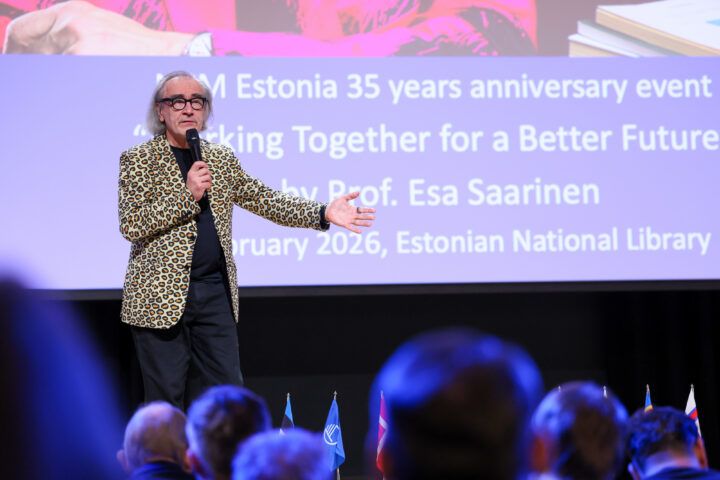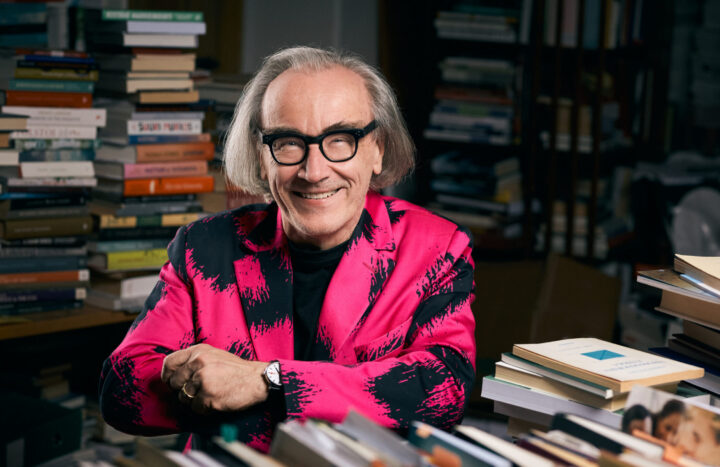Projects around Estonia to be supported via the Nordic Partnership Programme

This year, a total of 75,000 euros in support has been allocated to eight projects as part of the Nordic-Baltic NGO Partnership Programme. Working with the Nordic countries, the NGOs to which the support has been awarded plan to undertake a more detailed study of the problems associated with public procurements, boost the inclusion of young people in society, promote the aims of sustainable development, get people with special needs involved in social life and increase awareness of gender equality.
“The overall quality of the projects that were submitted this year was very high, with a lot more support being sought than the programme’s budget allows,” said Merle Kuusk, an adviser at the Nordic Council of Ministers’ Office in Estonia. “That’s why in some cases we weren’t able to provide the full amount that was being asked for. Hopefully they’ll find extra help from other sources so they can implement their plans in full.”
The projects to which support was allocated are marked out by their diversity. For example, the NGO Ausamad Riigihanked is looking to study the problem areas in Estonian public procurements that facilitate corruption and enable people to act entirely at their own discretion and how these issues are dealt with in the Nordic countries. Meanwhile, in Narva, the NGO Vita Tiim is planning to collect stories from and share stories among Nordic-Baltic youngsters about positive changes they have brought about in their communities. Then there is the NGO Peace Action Community, which focuses on youngsters: their plan is to increase awareness in society and exchange experience of the inclusion and participation of young people in regard to the topic of youth, peace and security (YPS) in the Nordic countries and Baltic States.
The Roundtable for Development Cooperation project will promote the aims of sustainable development and the circular economy, while in Sillamäe the Society for Child Welfare will be working to boost awareness among people working with vulnerable groups of the objectives of sustainable development, encouraging them to make changes and to strive for a greener and more sparing way of living on a day-to-day basis. The Estonian Association of Disabled Women will be continuing with its sailing, year-round training and workshop project for people with special needs, requiring physical and intellectual effort and experience that help disabled people socialise.
From 2-5 November 2021, the NGO Oma Tuba will be organising the Tallinn Feminist Forum, bringing people together from Estonia, Sweden and Iceland who care about gender equality and the rights of women and minorities. The forum is designed to give the attendees the opportunity to get to know one another and share experience and best practice. And in Tartu, a project launched by the NGO Rahvusvaheline Maja will unite Baltic and Danish NGOs that use (or wish to use) art in their work with local communities to reflect such issues as migration, inclusion, the environment and gender roles and stereotypes. The aim is for the participants to share their experience and good examples, learn about new methods from a variety of artistic fields (physical theatre, music, the visual arts and dance) and analyse how they can be used.
The Nordic-Baltic NGO Partnership Programme is aimed at NGOs and foundations registered in Estonia that operate in the public interest and do not come under the governing influence of the state, local governments, political parties, companies (or their alliances) or trade unions. The programme aims to strengthen civic society and boost social cohesion in the Nordic countries and Baltic States. The project’s funding decisions are made by the director of the Nordic Council of Ministers’ Office in Estonia based on the requirements of the programme, the overall quality of applications and how well they align with priorities.


